Born in Port of Spain, Trinidad on June 11, 1920, Hazel Dorothy Scott was the only child of R. Thomas Scott, a West African scholar from Liverpool, England and Alma Long Scott, a classically-trained pianist and music teacher. A precocious child who discovered the piano at the age of 3, Hazel surprised everyone with her ability to play by ear. When she would scream with displeasure after one of Alma’s students hit a wrong note, no one in the household recognized the sensitive ear she possessed. “They had been amused, but no one regarded my urge as latent talent,” she recalled. Until one day, young Hazel made her way to the piano and began tapping out the church hymn, “Gentle Jesus”, a tune her grandmother Margaret sang to her daily at nap time. From that moment on, Alma shifted her focus from her own dreams of becoming a concert pianist, and dedicated herself to cultivating her daughter’s natural gift. They were a tight knit pair, sharing an extremely close bond throughout their lives. “She was the single biggest influence in my life,” Hazel said. Her father, on the other hand, would soon leave the family and have a very small presence in his daughter’s life.
By the time Hollywood came calling, Hazel had achieved such stature that she could successfully challenge the studios’ treatment of black actors, demanding pay commensurate with her white counterparts, and refusing to play the subservient roles in which black actors were commonly cast. She would wear no maid uniforms or washer woman rags, and insisted that her name credit appear the same in all films: “Hazel Scott as Herself.” She performed in five major motion pictures in the early ‘40s, including I Dood It, directed by Vincente Minelli and featuring Lena Horne and the Gershwin biopic Rhapsody in Blue. But it was the on set of The Heat’s On starring Mae West that Hazel’s characteristic brashness was unleashed. In a scene where she played a WAC sergeant during WWII, Hazel was angered by the costumes the black actresses were given to wear. She complained that “no woman would see her sweetheart off to war wearing a dirty apron.”
Hazel promptly staged a strike that went on for three days, a battle that was finally rectified by removing the aprons from the scene altogether. The incident came at the cost of Hazel’s film career, which was short-lived as result of her defiance. “I’ve been brash all my life, and it’s gotten me into a lot of trouble. But at the same time, speaking out has sustained me and given meaning to my life,” she said.
It was during these peak years of her career that Hazel began a romantic affair with the controversial Harlem preacher/politician, Adam Clayton Powell, Jr. who was making a bid for the U.S Congress. Twelve years her senior, married, and a reputed womanizer, Powell pursued her unabashedly. At first, she was annoyed by his advances, but eventually irritation gave way to real interest and passion. The couple began seeing each other in secret. Amidst a great deal of scandal, the couple married in August of 1945; she was the grande vedette of Café Society and he was the first black congressman from the East Coast. “They were stars, not only in the black world but the white world. That was extraordinary,” commented journalist Mike Wallace at the time.
Source: Hazel Scott’s Lifetime of High Notes | Women’s History Month | Smithsonian
Hazel Scott, Legendary Musician Who Used Her Fame To Fight Racial Discrimination
2 Posted by storyteller - November 15, 2020 - BLACK WOMEN, Celebrity, ENTERTAINMENT, LATEST POSTS
« Previous PostFlash Black Photo: African American Woman
Next Post »Amy Ashwood Garvey: Pan-African Activist & Founder of the Negro World Newspaper

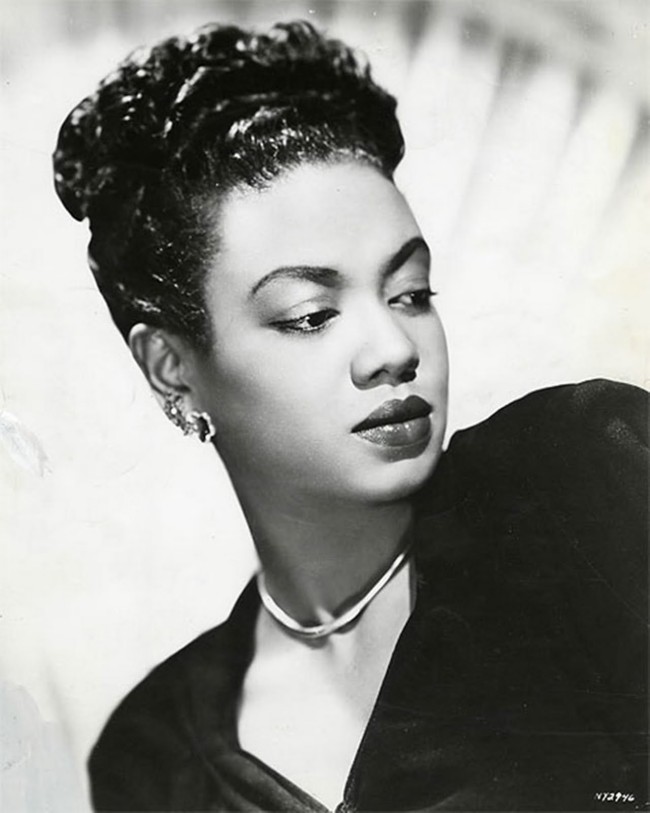




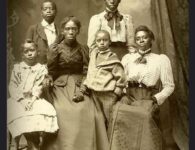


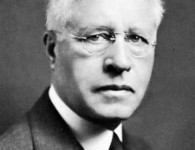
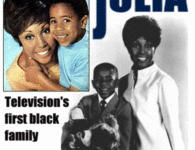
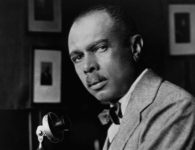
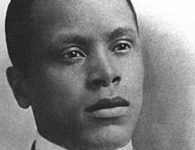

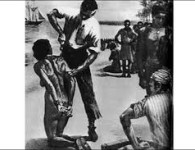
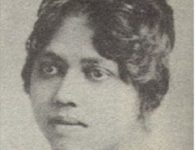
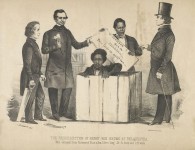


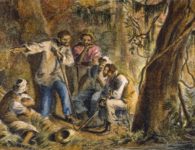

1 Comment
You have reprinted COPYRIGHTED material for this blog. Please delete. You do not have the author of the Hazel Scott biography’s permission nor the publisher’s permission. Quoting material without attribution does not constitute permission. Thank you. cc: University of Michigan Press